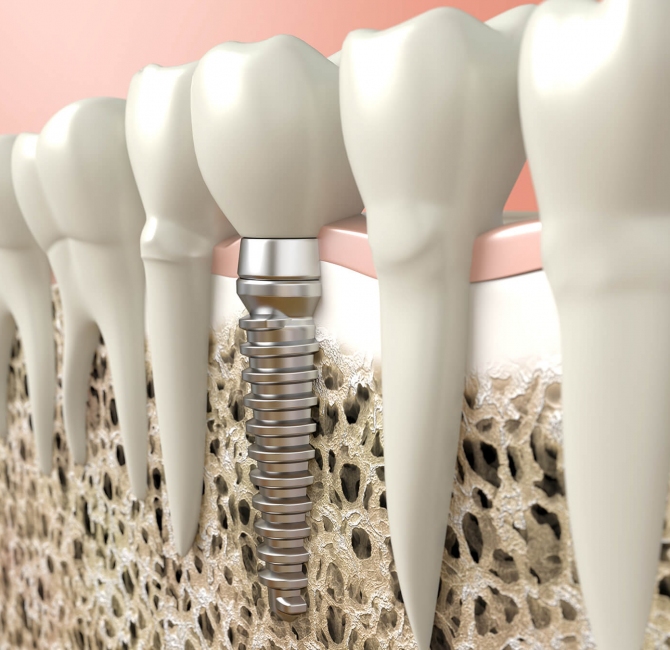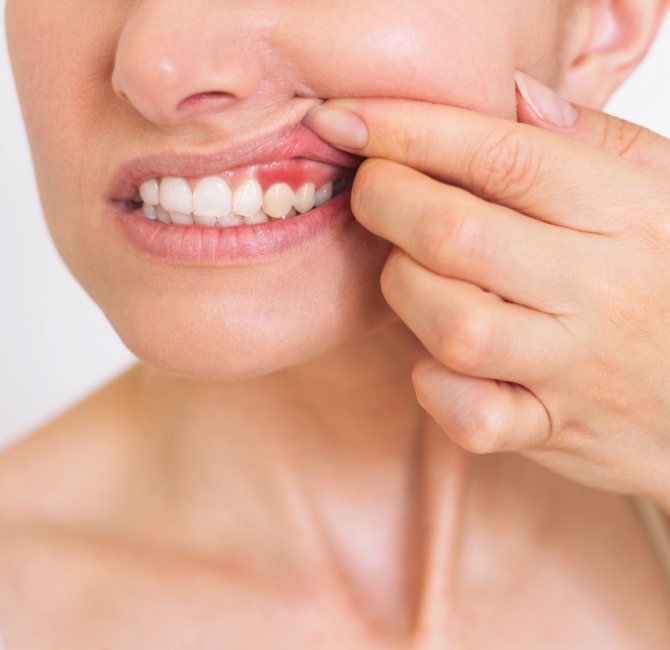Musculoskeletal disorders (MSDs) are common occupational hazards for oral health professionals due to repetitive motions, awkward and static postures, and fine motor movements, combined with forceful grips. MSDs can negatively impact oral health professionals’ health, career satisfaction, and career longevity.
In addition, research indicates dental hygienists have the highest prevalence of MSDs compared to other oral health professionals, with many areas of the upper body and limbs being negatively affected. In the United States as many as 70% of oral health professionals are affected with MSDs in the hands and wrists.
This systematic review demonstrated lightweight, large diameter instruments resulted in reduced pinch force production during scaling, and recommended oral health professionals consider ergonomic design when selecting manual instruments. Other factors that reduced pinch force generation were silicone instruments, round and tapered handles, and using a modified scaling technique that reduced lateral pressure.
Results revealed inexperienced clinicians produced higher pinch force generation during scaling when compared to more experienced clinicians. This is especially important for students and educators as research shows MSDs may occur early in the career. In response to these findings, educators may want to consider the impact experience level has on pinch force generation and student MSD risk.
More research is needed to examine the ergonomic impact of instrument designs, including evaluating pinch force generation with powered instruments, as well as in combination with manual instruments.
Click here to read the full article.



